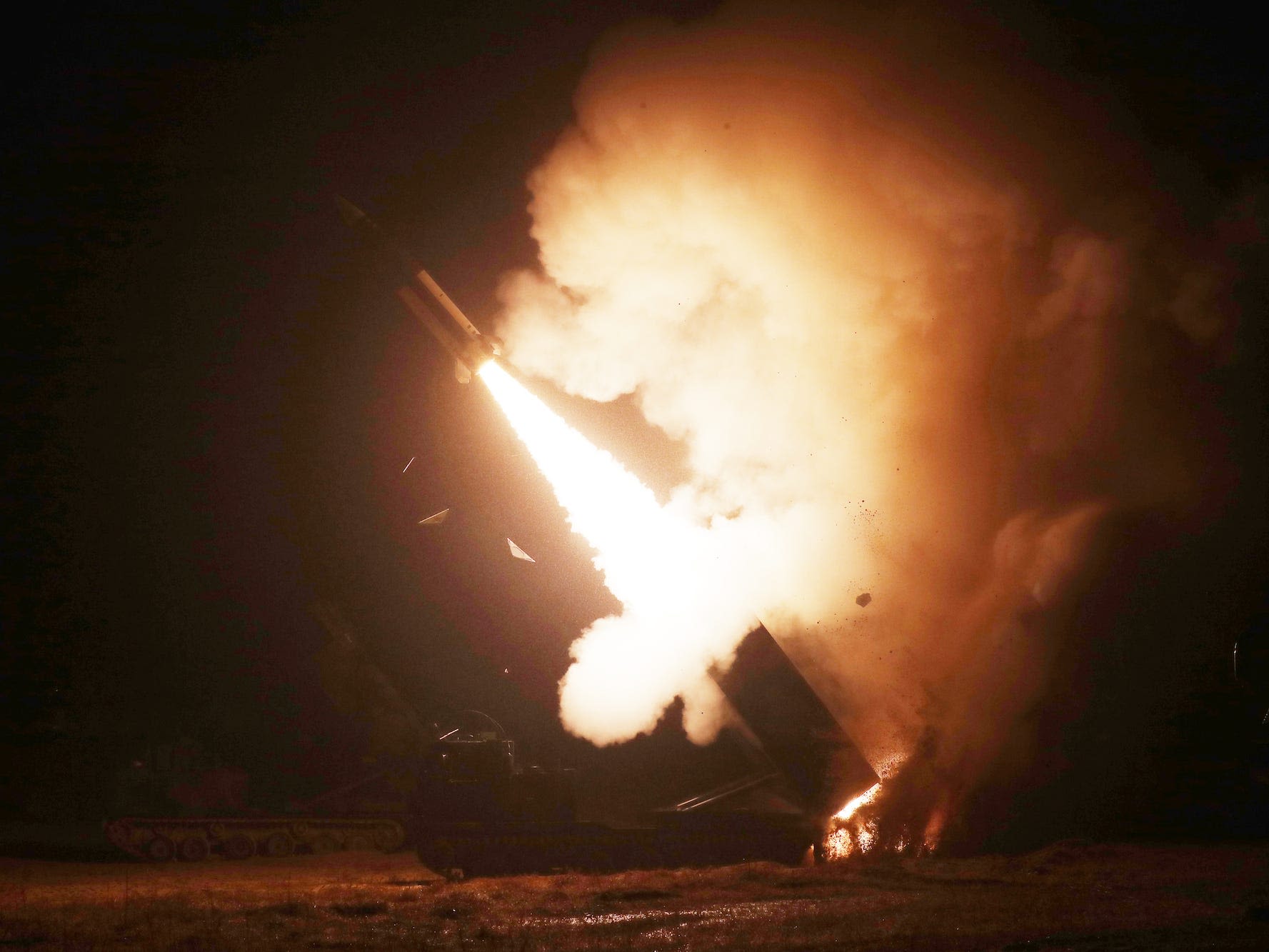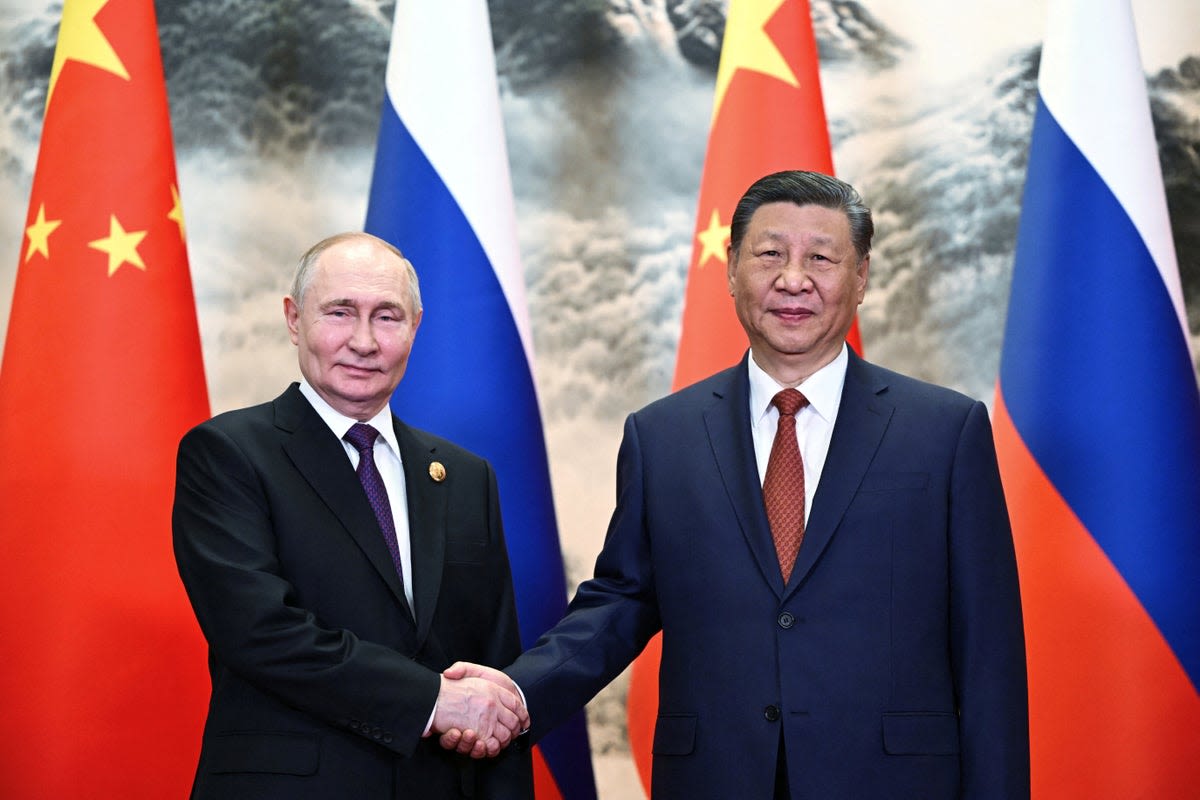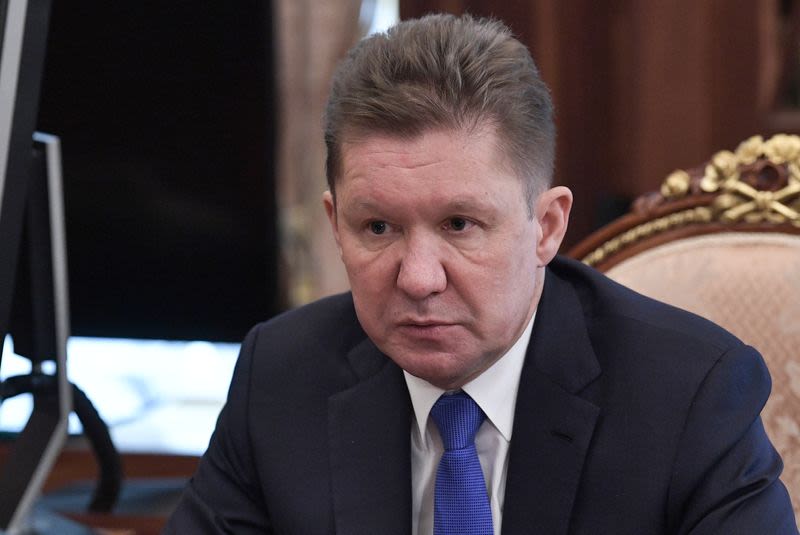Search results
News about Episode 7, Episode 8, An Assembly
News about Ukraine, Russia, Adrian Coghill
Also in the news
Moscow was the host city of the 1980 Summer Olympics, with the yachting events being held at Tallinn, in present-day Estonia. Large sports facilities and the main international airport, Sheremetyevo Terminal 2, were built in preparation for the 1980 Summer Olympics. Moscow had made a bid for the 2012 Summer Olympics. However, when final voting ...
- 2,561.5 km² (989.0 sq mi)
- 156 m (512 ft)
- Muscovite
- Russia
- Overview
- Character of the city
Moscow, city, capital of Russia, located in the far western part of the country. Since it was first mentioned in the chronicles of 1147, Moscow has played a vital role in Russian history. It became the capital of Muscovy (the Grand Principality of Moscow) in the late 13th century; hence, the people of Moscow are known as Muscovites. Today Moscow is not only the political centre of Russia but also the country’s most populous city and its industrial, cultural, scientific, and educational capital. For more than 600 years Moscow also has been the spiritual centre of the Russian Orthodox Church.
The capital of the Union of Soviet Socialist Republics (U.S.S.R.) until the union dissolved in 1991, Moscow attracted world attention as a centre of communist power; indeed, the name of the seat of the former Soviet government and the successor Russian government, the Kremlin (Russian: Kreml), was a synonym for Soviet authority. The dissolution of the U.S.S.R. brought tremendous economic and political change, along with a significant concentration of Russia’s wealth, into Moscow. Area 414 square miles (1,035 square km). Pop. (2010) city, 11,738,547; (2020 est.) city, 12,678,079.
If St. Petersburg is Russia’s “window on Europe,” Moscow is Russia’s heart. It is an upbeat, vibrant, and sometimes wearisome city. Much of Moscow was reconstructed after it was occupied by the French under Napoleon I in 1812 and almost entirely destroyed by fire. Moscow has not stopped being refurbished and modernized and continues to experience rapid social change. Russia’s Soviet past collides with its capitalist present everywhere in the country, but nowhere is this contrast more visible than in Moscow. Vladimir Ilich Lenin’s Mausoleum remains intact, as do many dreary five-story apartment buildings from the era of Nikita Khrushchev’s rule (the mid-1950s to the mid-1960s), yet glitzy automobiles and Western-style supermarkets, casinos, and nightclubs are equally visible. Many Orthodox churches, as well as some synagogues and mosques, have been restored, Moscow’s novel theatres have reclaimed leadership in the dramatic arts, and traditional markets have been revived and expanded. These markets, which under the Soviets were known as kolkhoz (collective-farm) markets and sold mainly crafts and produce, are now more sophisticated retail establishments.
It has become habitual to compare Moscow with St. Petersburg, its rival and the former (1712–1918) capital of Russia. While St. Petersburg has absorbed western European influences, Moscow is viewed as a traditional Russian city. Unlike its rival, Moscow has a well-defined city centre marked by the Kremlin. Other characteristics of Moscow are its physical layout in radial spokes and rings that have been extended over time, its hodgepodge of architectural styles, and its historical buildings that were mainly built by Russian architects. Moscow’s buildings were predominantly wooden until the 1920s, when brick and stone came into use.
Britannica Quiz
World Cities
Moscow is the northernmost and coldest megacity in the world. It has a history that goes through eight centuries. Moscow is a federal city of Russia since 1993 that is the political, economic, cultural, and scientific center of Russia and Eastern Europe. Moscow has one of the world's largest urban economies as an alpha world city.
- DictionaryMos·cow/ˈmäsˌkou/
- 1. the capital of Russia, located at the center of European Russia, on the Moskva River; population 10,470,300 (est. 2008). It became the capital when Ivan the Terrible proclaimed himself the first tsar in the 16th century. Peter the Great moved his capital to St. Petersburg in 1712, but, after the Bolshevik Revolution of 1917, Moscow was made the capital of the new Soviet government, with its center in the Kremlin.
- 2. a city in northwestern Idaho, home to the University of Idaho; population 22,798 (est. 2008).
National Geographic’s latest travel stories about Moscow. Boasting a history that spans eight centuries, Russia's capital has evolved into an expansive megapolis which resembles a city-state.
Moscow , Russian Moskva, Capital and largest city (pop., 2006 est.: 10,425,075) of Russia. It is located on both sides of the Moskva River in western Russia, about 400 mi (640 km) southeast of St. Petersburg and about 600 mi (970 km) east of Poland. Inhabited since Neolithic times, the site was first mentioned as a village in 1147 and became ...
People also ask
What is Moscow well known for?
What was Moscow's original name?
Is Moscow safe for LGBT?
Hotels near Moscow P. I. Tchaikovsky Conservatory Hotels near Russian Academy of Theatre Arts Hotels near Institute for the Economy in Transition Hotels near Gnesins Russian Academy of Music Hotels near Moscow International Higher Business School (MIRBIS) Hotels near Turo Moskovskiy Universitet, NOU Hotels near Maxim Gorky Literature Institute Hotels near Moscow State University of Railway ...
Moscow The apex of Russian political power and once the centre of the Orthodox Church, the Kremlin is the kernel of not only Moscow, but of the whole country… Lenin's Mausoleum




